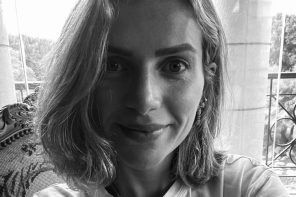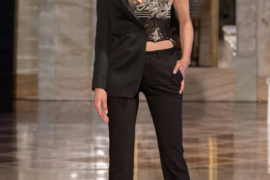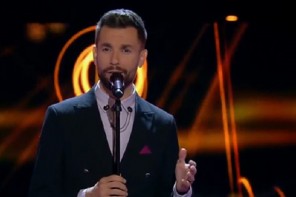In a bold leap from Saudi Arabia to the vibrant artistic scene of New York City, Ahd Hassan Kamel has emerged as a multifaceted talent, seamlessly blending her skills as both an actress and filmmaker. With a compelling narrative rooted in her experiences and cultural heritage, Ahd captivates audiences by exploring complex themes of women’s issues and identity in her work. In this exclusive interview, Ahd reflects on her transformative journey; from the challenges of adapting to a new culture to her groundbreaking role in the acclaimed film Wadjda. She shares insights into her creative process, the significance of her artistic endeavors, and her aspirations for the future.
You moved from Saudi Arabia to New York City to pursue your artistic ambitions. What motivated this significant change? And what were some of the challenges you faced adapting to a new culture?
I left Saudi Arabia because, at the time, the educational options for women were very limited. My mother also encouraged me to study abroad to gain independence and new experiences. Initially, I attended Columbia University to study law, but I quickly realized it wasn’t for me. During my time there, I took a drawing class, and my teacher suggested I apply to the Parsons School of Design. I was accepted, and that marked the beginning of my artistic journey.
Adjusting to New York was challenging at first. Coming from a sheltered environment to the fast-paced, diverse world of New York City was a significant culture shock. However, within six months, I adapted and began to embrace everything the city had to offer.
You’ve achieved success as both an actress and a filmmaker. What drew you to both creative fields?
It was completely unplanned. In my final year at Parsons, I was studying animation. While I loved storytelling, I disliked the technical aspects and found spending hours behind a computer tedious. I started experimenting with a camera, which led me to film school, where I discovered my passion. I could work long hours and still enjoy every moment of the process.
Acting came about unexpectedly as well. My classmates asked me to act in their student films, and I enjoyed it so much that I decided to explore it further. My turning point came when I acted in a short film, Razan, by NYU graduate Aslihan Unladi, which was well received at film festivals. That encouraged me to pursue acting professionally.
How has your diverse educational background influenced your creative process and your work as a filmmaker and actress?
My background has had a profound influence on my creative process. As a filmmaker and storyteller, my work is deeply inspired by my life experiences and cultural heritage. These elements shape the stories I tell and how I tell them.
Your short films explore women’s issues in Saudi Arabia. What messages do you hope to convey through your work?
Rather than conveying a specific message, I aim to capture reality. Women’s experiences are more universal than people realize—we share more common struggles than differences. For a long time, Saudi women were stereotyped as oppressed or weak, but that’s far from the truth. Through my work, I aim to show the humanity and complexity of Saudi women beyond those narrow labels. Women like my grandmother and mother were incredibly strong and resilient, and I want to reflect that in my storytelling.
You’ve received critical acclaim for your role in Wadjda, including a BAFTA nomination for the film. Can you discuss the significance of this recognition and the impact it had on your career?
Although I didn’t receive the nomination personally, the film was nominated for Best Foreign Film, which was an incredible honor. The recognition the film received opened doors for me internationally, helping me establish connections and visibility in the West, where the film resonated with many viewers.
Your upcoming film tackles the issue of women driving in Saudi Arabia during a time when it was restricted. What challenges did you face in portraying this specific period?
The film isn’t directly about driving but explores the relationship between a young girl and her driver. It examines what happens when women are dependent on drivers and the unique, often complex relationships that emerge.
One of the biggest challenges was the rapid modernization of Jeddah. For a long time, the city remained largely unchanged, but recent development has altered the landscape significantly. It was difficult to find exterior locations that still reflected the past, as many landmarks from that time no longer exist.
Are there any particular female artists or filmmakers who have inspired you throughout your career?
Yes, many have inspired me. Growing up, I admired Faten Hamama and watched many classic black-and-white Egyptian films. In addition, I greatly admire Cate Blanchett, Nadine Labaki, and Marion Cotillard for their artistry and the depth they bring to their work.
What are your future goals as an actress and filmmaker? What kind of stories do you want to tell in the years to come?
At the moment, in terms of directing, I’m taking a break to reflect and recharge. I haven’t decided on my next project yet, but I’m looking forward to continuing to tell meaningful and authentic stories when the time feels right.
As for acting, I’m starring in Hisham Fageeh’s directorial feature film titled “Ummi.” It’s a psychological horror set to shoot in the second half of the year.
Text By Victor Gee




